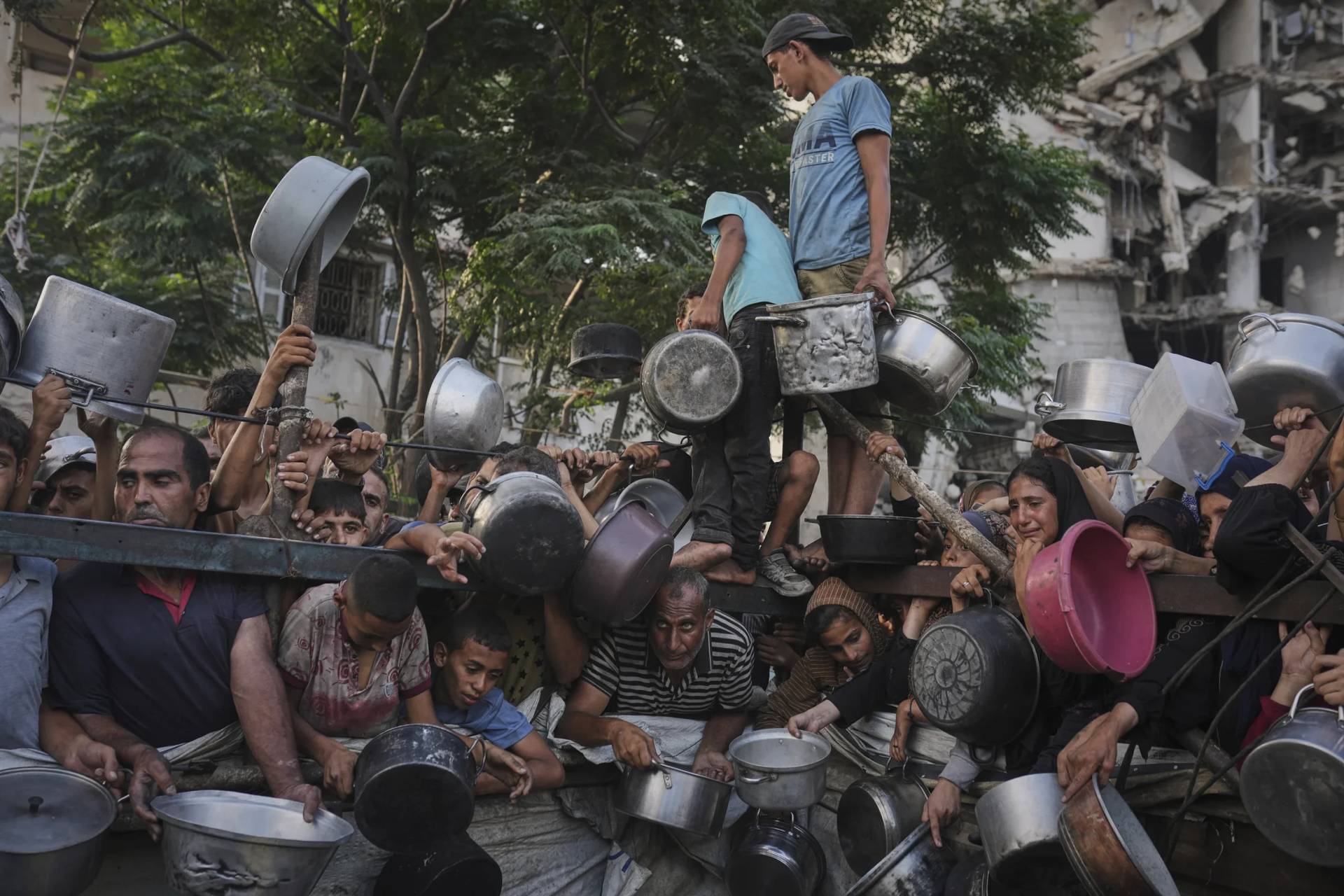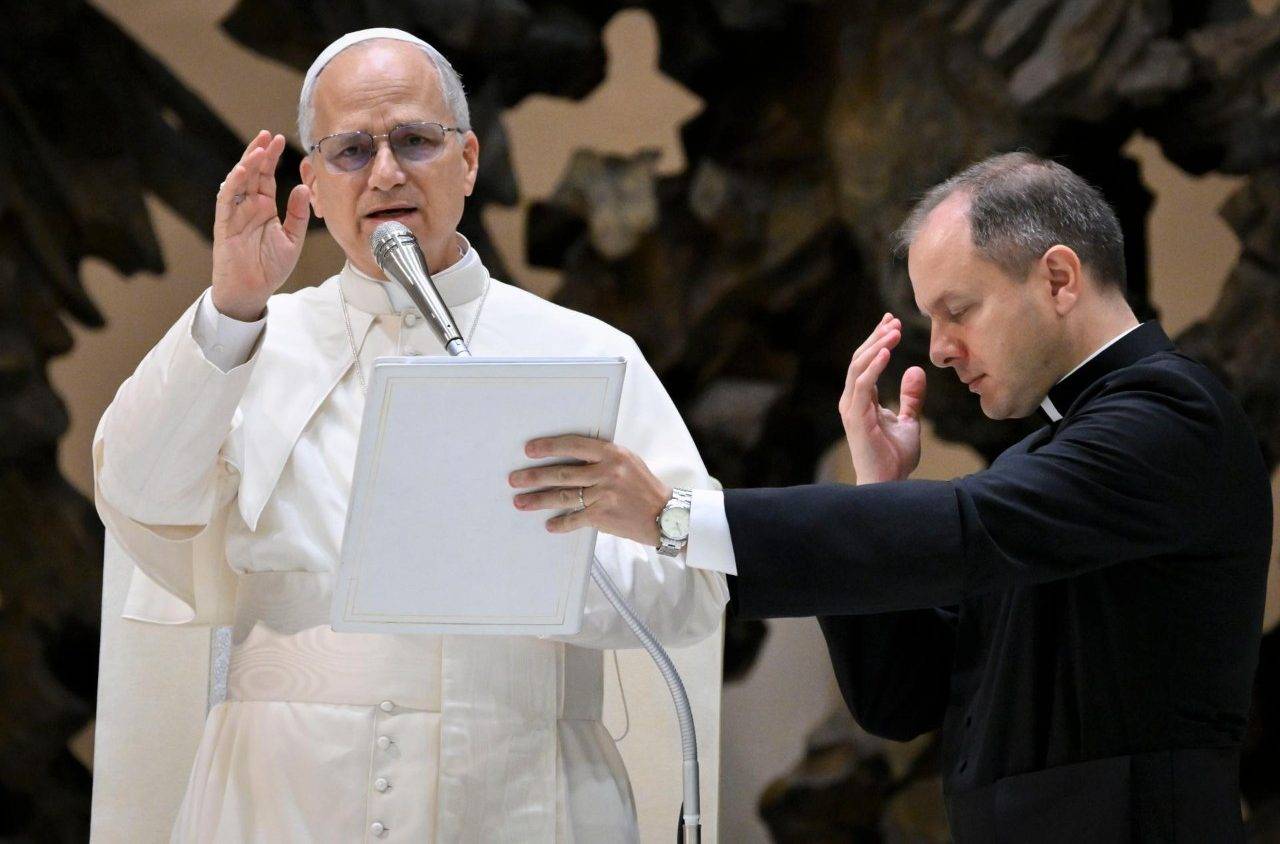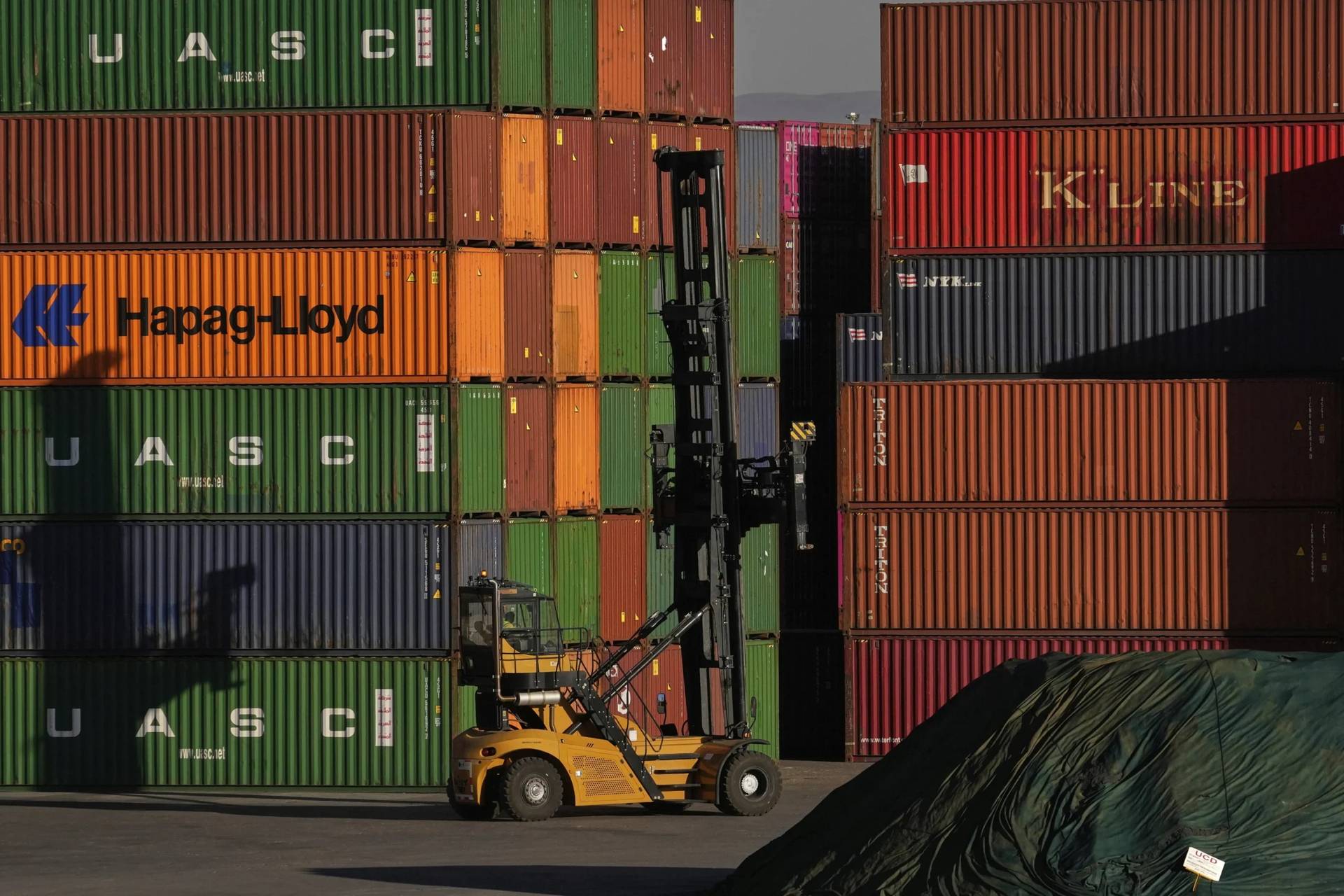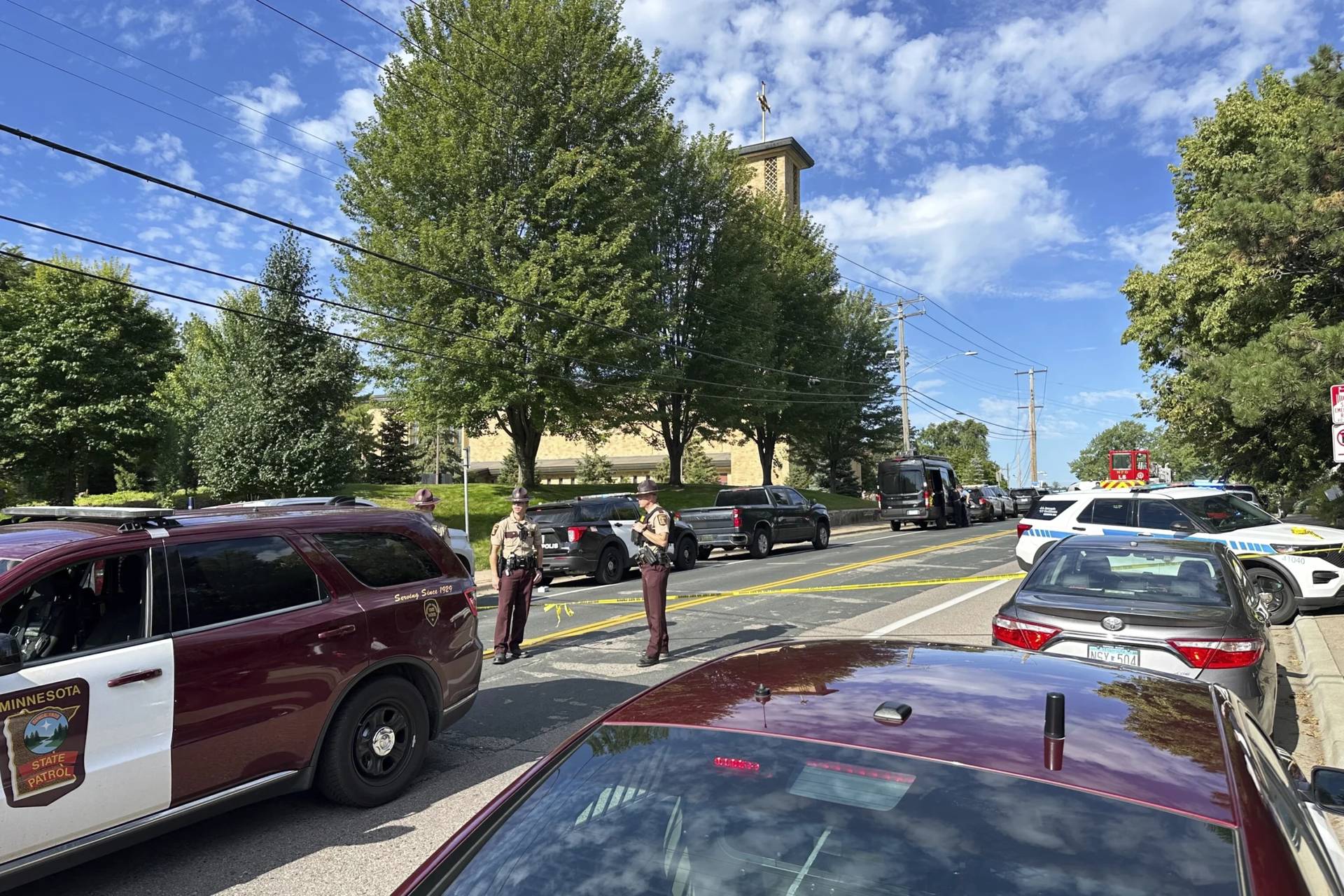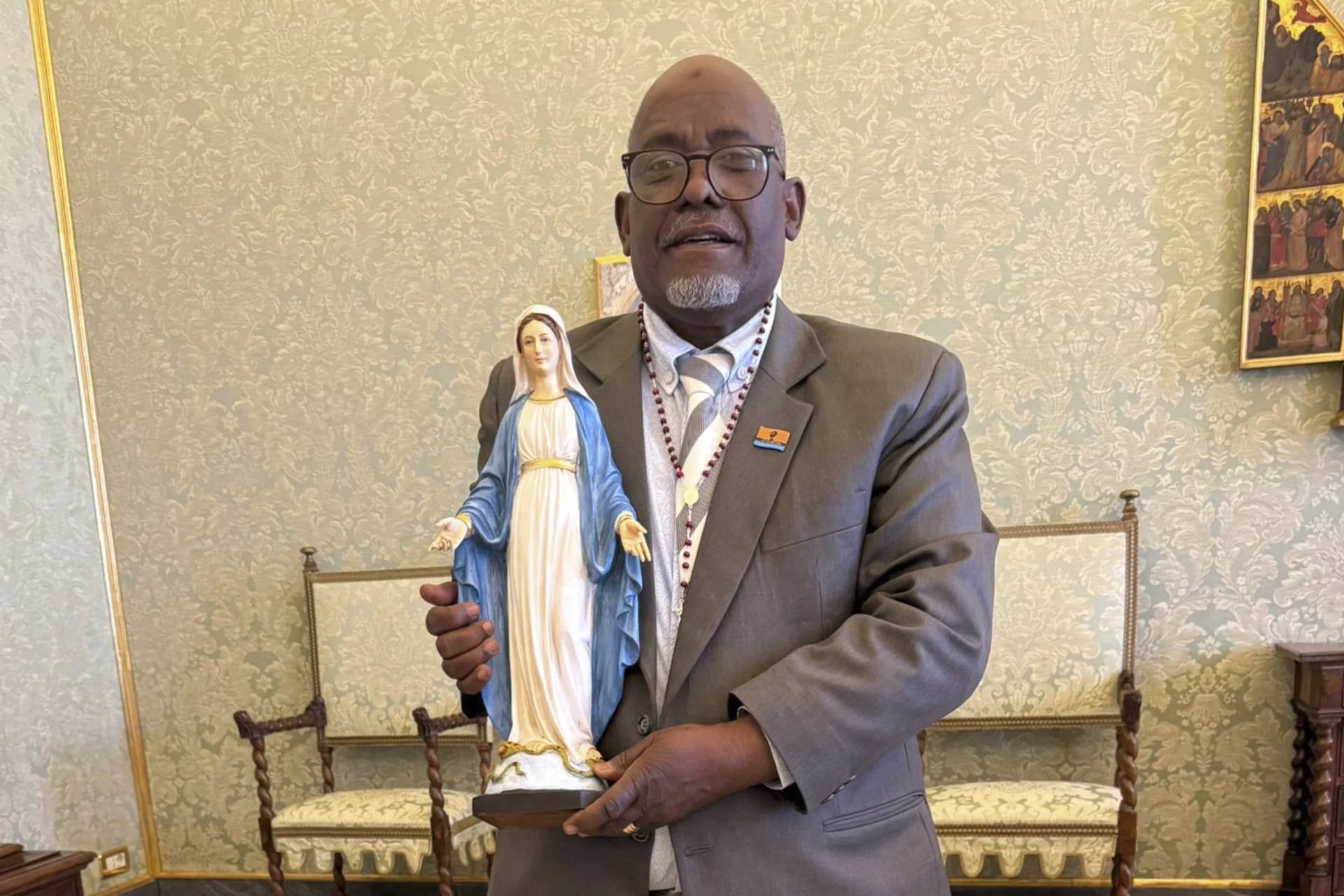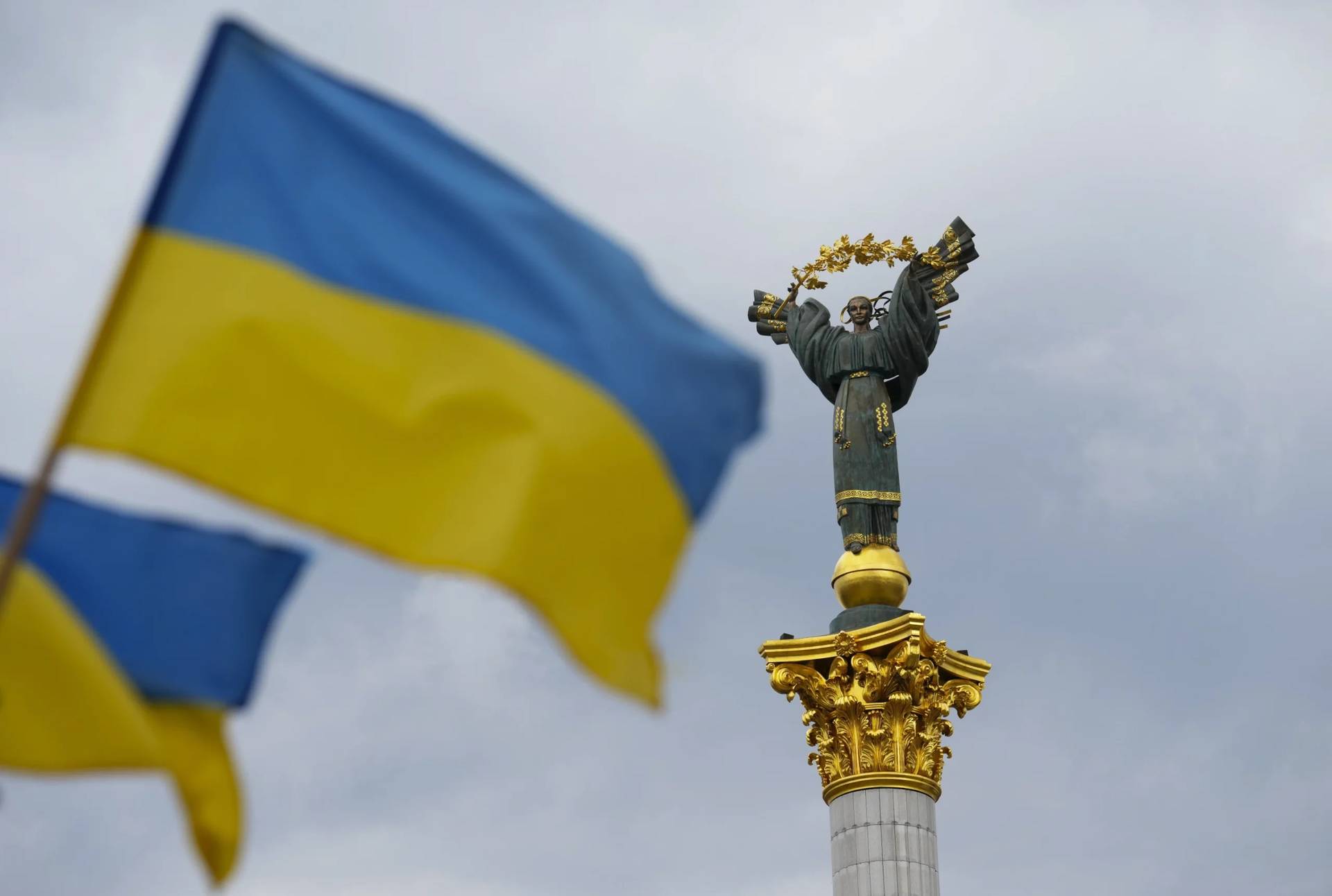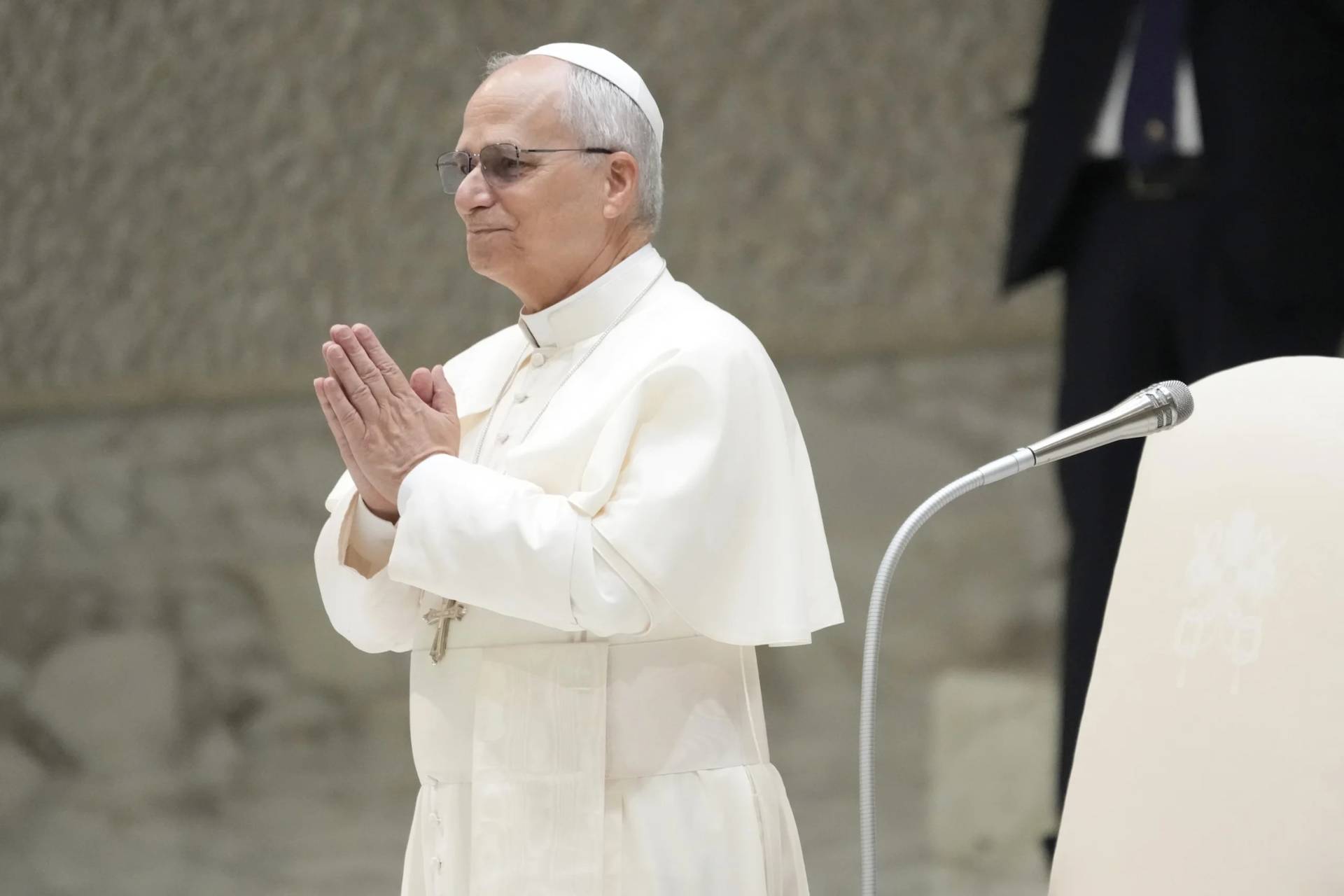ROME — The highest-ranking woman in the Vatican said Tuesday that strengthening international organizations such as the United Nations is the only way to deal with the problems of globalization, and predicted there “will be a movement to put more and more executive action” in international agencies.
Englishwoman Margaret Archer, President of the Pontifical Academy of Social Sciences, said the Church should “leave national governments where they are,” and try to influence international organizations, such as the United Nations, to try and get policies implemented aimed at “bringing out global social change.”
She said the state of national politics is “terrible.”
“They are going Brexit. They are going Frexit. Europe is breaking up,” she said, making direct reference to both the British vote in June 2016 to leave the European Union, and last week’s French presidential elections, which put two outsiders – Marine Le Pen of the nationalist, Euro-skeptic National Front, and former investment banker Emmanuel Macron, a centrist former Socialist who has founded his own party – in the final runoff.
She said the electorate had “passions of a xenophobic kind” whipped up in different areas, which increased voter turnout in areas such as northeast England.
Archer said the same thing happened in France, which saw some of the highest turnout in years.
“So people are aware that big things are happening: Leaving the EU, deserting the European vision, a new configuration of alliances between countries, but it’s not giving those people anything,” she said.
“In fact, the ones who vote for Leave [the European Union] are going to wake up and they are going to have such a shock, because it is already happening,” Archer said, “look at the rate of the pound against the dollar and against the euro … Britons are already worse off economically, they only realize it when they go on holiday, that’s the paradox.”
Under Archer’s direction – and that of the academy’s chancellor, Argentine Bishop Marcelo Sánchez Sorondo – the institution has been much more willing to take strong political stands. In 2016, it controversially invited U.S. Senator Bernie Sanders to speak at a conference at the Vatican in the middle of his presidential campaign.
Archer was speaking at the press conference concluding its April 28-May 2 plenary assembly, which had the title “Towards a Participatory Society: New Roads to Social and Cultural Integration.”
She said members of the academy spoke about moving beyond the welfare state created in the 19th and 20th centuries in helping the poor.
“This is not enabling them to participate in society. At best, only to survive [and] life is about more than just simple survival,” Archer said. “Welfare is a top-down solution. So this was the motive for the conference on participation.”
She said Pope Francis “doesn’t want the simplistic solution of just giving them money, because it doesn’t last forever anyway.”
The pontiff had earlier sent the conference a message in which he said “at the beginning of the twenty-first century, the need for a new humanism is felt ever more strongly.
“The endemic increase in social inequalities, migration, identity conflicts, new slavery, environmental issues, and bio-political and bio-legal problems are just some of the issues that trouble us today,” the pope wrote.
“Faced with such challenges, the mere upgrading of old categories of thought or the use of sophisticated collective decision-making techniques is not enough; we need to attempt new roads inspired by Christ’s message,” he said.
Archer said that as Europe “gets weaker and more fragmentary” it will have to develop new ways of handling international problems.
“No nation in a time of multinational capitalism – financialized capitalism – is capable of working on a national basis,” she said, “it’s all globalized.”
Since there is not a “government of the globe,” Archer said international NGO’s such as the UN and ILO (International Labor Organization) are the only authorities that are up to the task.
“Carbon emissions, asylum seekers, terrorism: These are our three biggest problems, and they are all international problems, they are not national problems,” she said.
Archer said the Church has “been very wise.”
“It has not gone for having a direct impact on national governments,” she said, “it’s gone for the international non-governmental associations: The UN, the ILO, and all of the other agencies.”
She brought up two examples: The first when the Vatican and other Church-affiliated groups participated in the Paris Climate talks in 2015, and efforts by the Church to get human trafficking added to the UN Sustainable Development Goals.
Archer said then-Secretary General Ban Ki-moon had told her he was “not very optimistic” they would be able to convince national governments to give such a high priority to anti-trafficking efforts, but in the end they succeeded.
“Watch this spot, because we have other designs on the UN and INGO’s,” Archer said.







